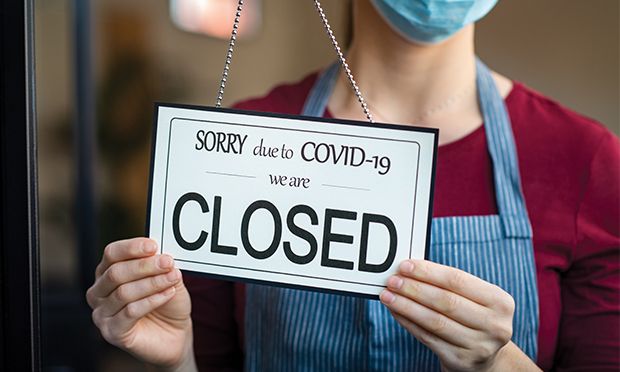 Businesses are getting more aggressive in their attempts to minimize their financial losses by filing class action lawsuits. (Photo: Shutterstock)
Businesses are getting more aggressive in their attempts to minimize their financial losses by filing class action lawsuits. (Photo: Shutterstock)
In March 2020, the United States came to a screeching halt. Schools closed, businesses shut down and the national economy saw its largest decline in more than a decade.
Recommended For You
Want to continue reading?
Become a Free PropertyCasualty360 Digital Reader
Your access to unlimited PropertyCasualty360 content isn’t changing.
Once you are an ALM digital member, you’ll receive:
- Breaking insurance news and analysis, on-site and via our newsletters and custom alerts
- Weekly Insurance Speak podcast featuring exclusive interviews with industry leaders
- Educational webcasts, white papers, and ebooks from industry thought leaders
- Critical converage of the employee benefits and financial advisory markets on our other ALM sites, BenefitsPRO and ThinkAdvisor
Already have an account? Sign In Now
© Touchpoint Markets, All Rights Reserved. Request academic re-use from www.copyright.com. All other uses, submit a request to [email protected]. For more inforrmation visit Asset & Logo Licensing.







